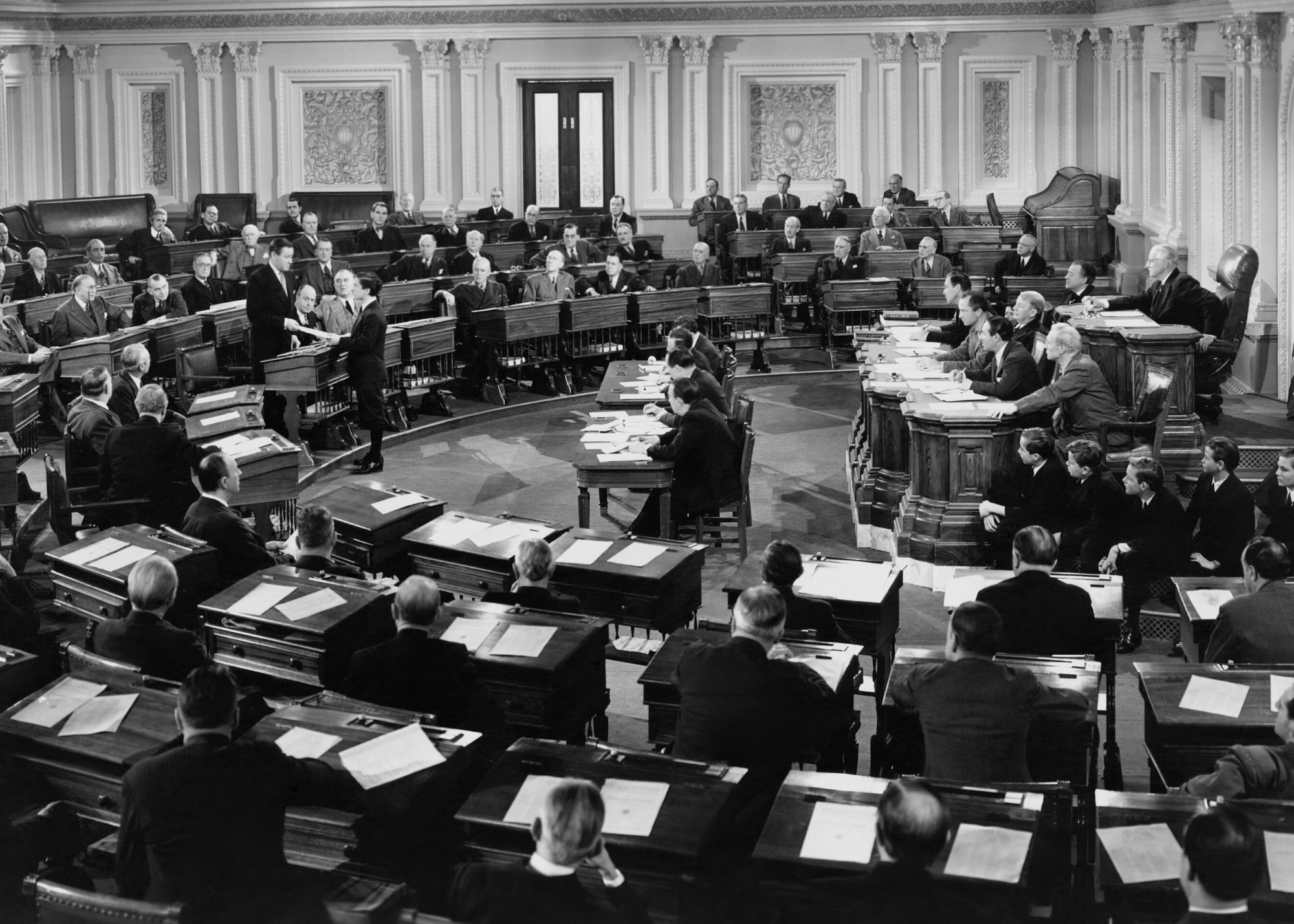Legislative Effectiveness, Electoral Anticipation, and Garnering Campaign Advantage in the US Senate
In this Center for Effective Lawmaking (CEL) working paper, Assistant Professor (and CEL Affiliate) Carlos Algara of Claremont Graduate University examines if US Senators anticipate an electoral cost for legislative ineffectiveness. Specifically, he determines whether or not they garner electoral payoffs if they act on this electoral incentive by increasing effectiveness prior to re-election. Through analyzing data on Senate primaries since 1980, he concludes that senators do conveniently become more effective before re-election when they are in-cycle and in the two preceding Congresses prior to re-election; in addition, those senators become much more effective compared to senators who plan to voluntarily retire. With this data, he notes that effective senators can deter intra-party quality challengers and increase their chances at renomination. Furthermore, the relationship between effectiveness and electoral success is mediated by a fundraising advantage, with Senators transforming strategic effectiveness into a primary election fundraising advantage over challengers that can deter competition and ultimately, boost re-election prospects. This data emphasizes how strategic effectiveness results in electoral advantage.
To learn more, read the full report here.



